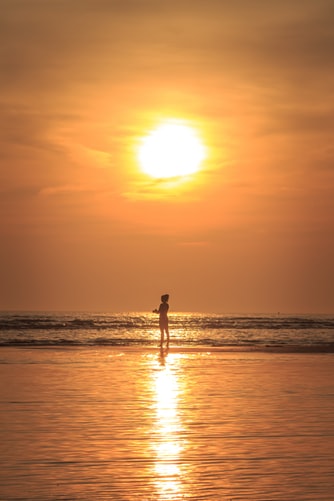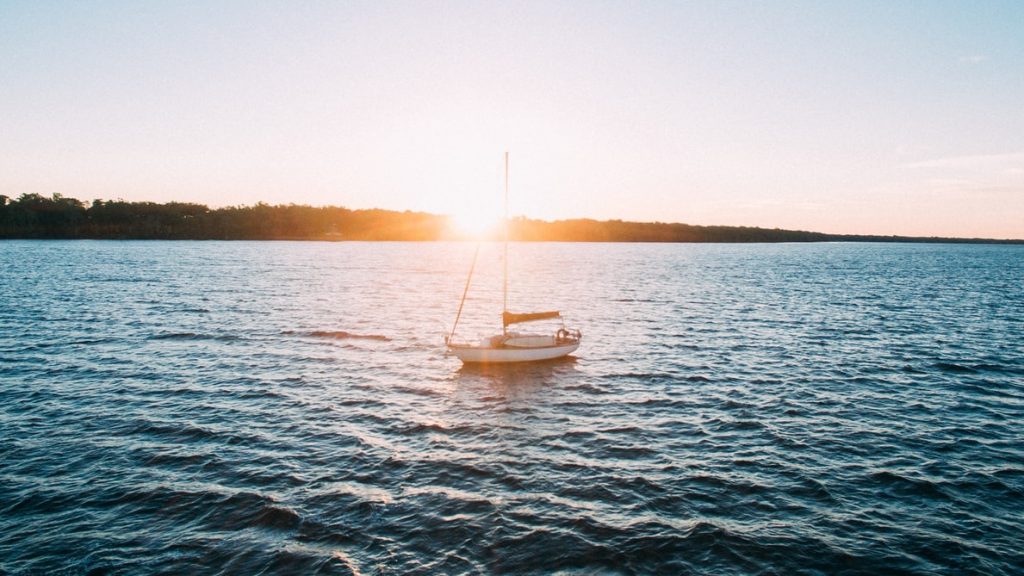I first gained an appreciation for conservation during the time I spent as a child living on a sailboat.

On a sailboat, resources are limited—food, water, and in some cases, shelter from storms. When our water tank ran low, we collected rainwater from our (bleached) rooftop, using the gutters to channel the water into five-gallon buckets, then pouring it through a funnel lined with a coffee filter to sift out bugs and debris. We took saltwater showers and endured the sweltering summer heat without any air conditioning. There was no internet, no television, and most of the time, not even a radio signal to listen to music. It was an austere way to live, but I learned a lot about what was necessary for survival and what was extra. I also read a lot of books, which would serve me later in life as a storyteller.
On those trips, I also gained a deep appreciation for the natural world—exploring unpopulated islands and snorkeling the Bahamas’ many wondrous reefs. (This was in the late eighties before corals had been devastated by warming oceans.) After we anchored, I’d jump off the boat and swim to a nearby island to explore, unattended. Not many kids are offered that kind of freedom, and I’m grateful those experiences were part of my childhood and shaped the person I would one day become.
But there were other, less extravagant experiences in my life that developed my appreciation for nature—collecting roly-polys from the garden beds of our apartment complex, running cross-country at Taylor Lake, biking from Largo (the mainland) to Indian Rocks Beach. Even in Pinellas County, the most densely populated county in Florida, there were ways in which I could connect with nature. And that’s important not only for children but for adults too. As our state continues to grow in population and more of our natural lands are paved over, outdoor recreation is becoming even more of a privilege when it should be a right.
Conservation is twofold. It’s reducing our waste and consumption, and it’s preserving and protecting what we already have, not only for our enjoyment, but for the wildlife and species that inhabit those lands and waters. I want our generation to turn the tide of mass extinction and environmental devastation. I want our transition away from fossil fuels and to renewable energy to be a just and equitable one. I want communities who’ve been harmed by pollution to be compensated and, as much as possible, their health and safety restored.
I want every child to have the opportunity to run wild, whether that be at a local park, a nearby beach, or one of our many beautiful springs or state parks. That’s why I work in conservation.





